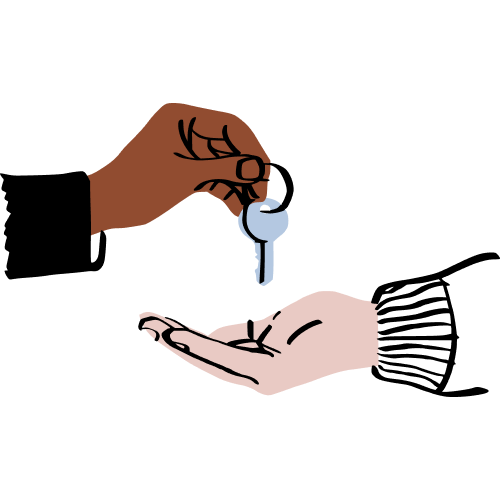What is a New Hampshire power of attorney?
A New Hampshire power of attorney, also known as POA, is a legal document that appoints an attorney-in-fact to make decisions on your behalf. It ensures your preferences are protected in case you're unable to handle your affairs or make health care decisions due to incapacitation.










